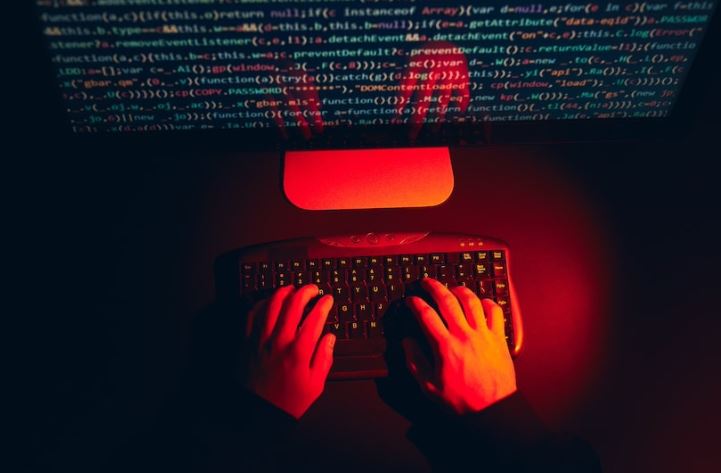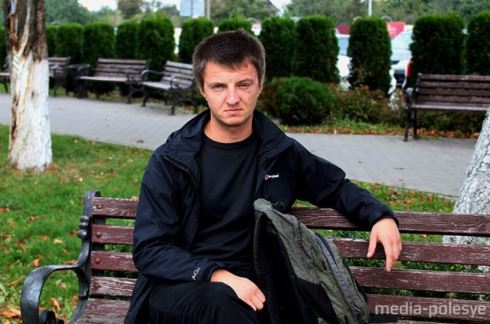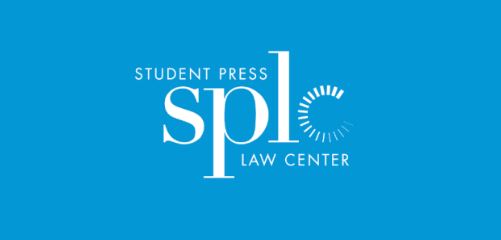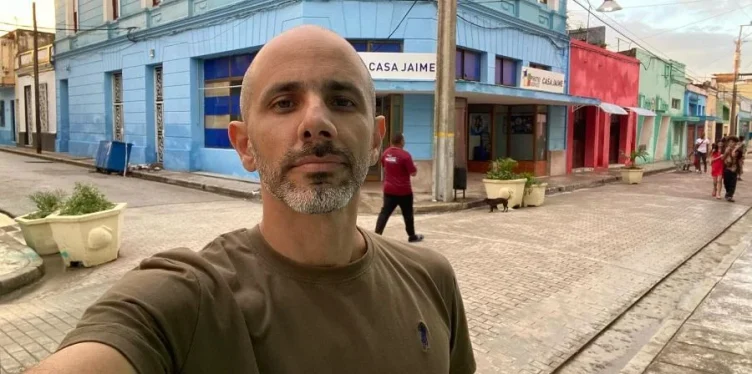
Serbia’s Spy State Targets Journalists and Sources
December 18, 2024
Sentenced for Reporting: Belarus Jails Yauhen Nikalayevich
December 19, 2024December 18, 2024 – Colombia –
Stanford Daily reporter Dilan Gohill was arrested while covering a pro-Palestinian student occupation of the university president’s office. Wearing his press credentials and hoodie, Gohill entered the building to chronicle the unfolding protest alongside student demonstrators. Despite clarifying to law enforcement that he was acting in his capacity as a journalist, he was arrested on suspicion of felony burglary, vandalism, and conspiracy, and held in the Santa Clara County jail for several hours. His arrest sparked immediate concern from legal watchdogs and free-press advocates, who rushed to his defense and characterized his arrest as an assault on student journalism.
Over the following six months, Gohill’s status remained unresolved. Stanford University threatened disciplinary action and publicly supported criminal prosecution, while the district attorney’s office neither filed charges nor dismissed the case. This prolonged uncertainty triggered criticism from prominent alumni and legal groups such as the Student Press Law Center, the First Amendment Coalition, and others, who emphasized that student journalism deserves the same legal protections as professional reporting. A coalition of Stanford graduates urged the university to formally withdraw support for prosecution and apologize.
The ongoing limbo extended beyond campus. Gohill awaited word from the district attorney more than half a year after his arrest, facing potential felony charges and sanctions under university discipline policies. Advocacy groups lamented the case as an example of “punishment‑by-delay,” noting that Stanford retained the ability to end the investigation by withdrawing support to the DA, calling it unconscionable to leave him in limbo for so long.
Finally, in March 2025—nine months after the arrest—the Santa Clara County district attorney announced that no criminal charges would be pursued. The DA acknowledged Gohill’s actions were journalistic and expressed support for a free press. Shortly afterward, Stanford confirmed it would not levy any disciplinary action, though the university did not issue a formal apology or rescind its previous stance.
Gohill’s ordeal highlights the precarious position of student journalists in campus protests and the power universities hold in shaping judicial outcomes. Although the legal threat has been lifted, the case has raised lasting concerns about institutional responsibility, the protection of student press freedoms, and the importance of unequivocal support for those documenting history in real time.
Reference –




